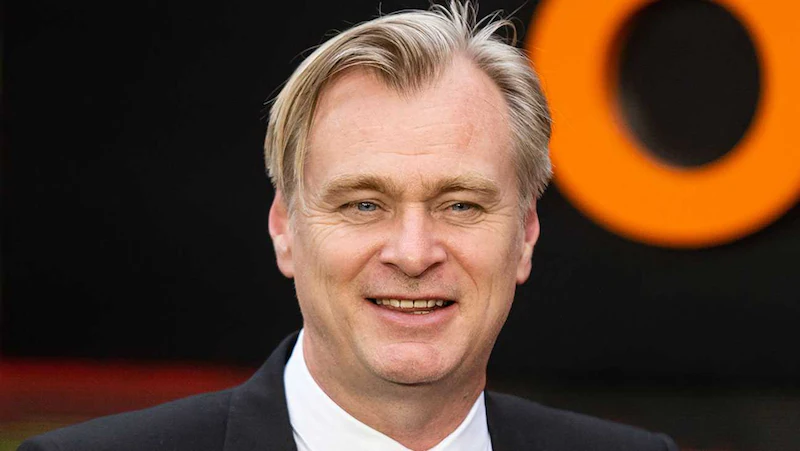Christopher Nolan: The crusader for traditional cinema in a digital era
Christopher Nolan champions traditional cinema, critiquing Netflix's model while embracing theatrical releases.
Updated : December 11, 2023 12:30 PM ISTChristopher Nolan champions traditional cinema, critiquing Netflix's model while embracing theatrical releases.

Christopher Nolan (Source: The Hollywood Reporter)
As we navigate through an era where streaming services like Netflix and Amazon are redefining how we consume content, it’s fascinating to revisit the steadfast views of acclaimed director Christopher Nolan. Known for his cinematic masterpieces, Nolan has always been a vocal advocate for the traditional theater experience, emphasizing the magic of the big screen. Let’s delve into why this renowned filmmaker stands firm in his beliefs, even in the face of an evolving digital landscape.
Nolan's dedication to the theatrical experience is most evident in his 2017 war epic, Dunkirk. This intense recreation of the Dunkirk evacuation is a testament to Nolan's belief in cinema's immersive power. "Dunkirk needed to make you feel like you are there, and the only way to do that is through theatrical distribution," Nolan asserted during a CinemaCon presentation. This statement highlights his conviction that the emotional impact of a film like Dunkirk can only be fully realized in the vast expanse of a theater, especially on an IMAX screen.
Also Read: Jared Leto as joker: Genius acting or crossing lines?
Nolan's criticism of Netflix is rooted in his perception that the streaming giant undermines the sanctity of the cinematic experience. "Netflix has a bizarre aversion to supporting theatrical films," he stated, expressing concern over Netflix's strategy of simultaneous streaming and theatrical release. Nolan contrasted this with Amazon's approach, which he views as more respectful towards traditional cinema. "The theaters have a 90-day window. It’s a perfectly usable model. It’s terrific," he praised Amazon’s strategy.
Also Read: Ben Affleck's journey as Batman: From fan backlash to unexpected success
Nolan's critique extends beyond business models; it's a defense of an art form. He reminisces about the days when a film's release in theaters was a celebrated event, contrasting this with the 'lowest common denominator' approach he attributes to Netflix. "If Netflix has made a great film, they should put it in theaters. Why not? Stream it 90 days later," Nolan suggested, highlighting his belief that great films deserve a theatrical release.
As the industry continues to evolve, Nolan's views serve as a reminder of the unique experience that traditional cinema offers. His dedication to the art form is a clarion call to preserve the collective experience of watching a movie in a theater – an experience that is as much about the community as it is about the film itself.
In retrospect, Christopher Nolan's stance is not just about preference but a deeper understanding of what makes cinema magical. As we witness the ongoing tussle between traditional and digital forms of distribution, Nolan's perspective offers a poignant reminder of the intrinsic value of the big-screen experience.
(Several parts of the text in this article, including the title, were generated with the help of an AI tool.)

